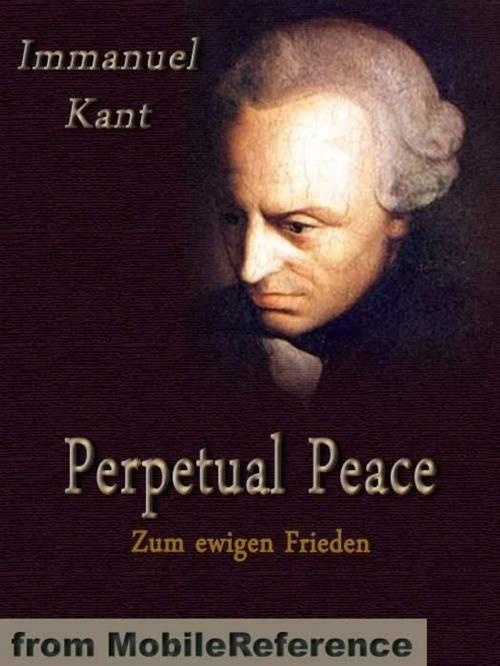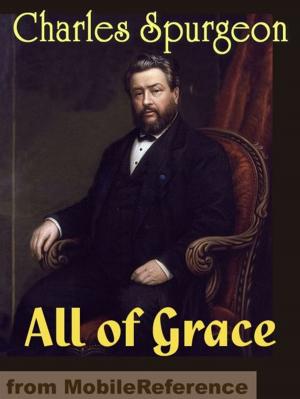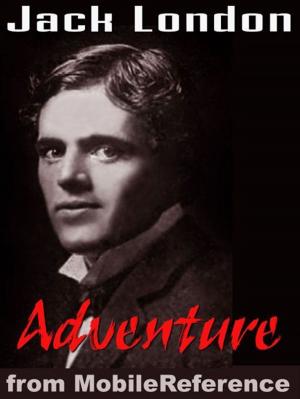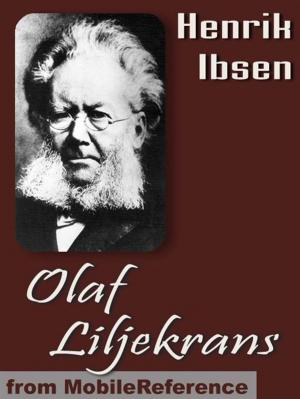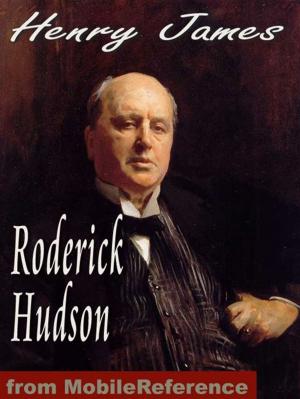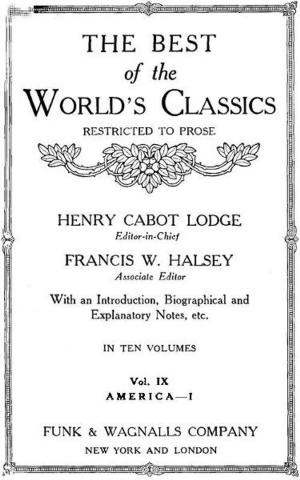| Author: | Immanuel Kant, William Hastie (Translator) | ISBN: | 9781605016269 |
| Publisher: | MobileReference | Publication: | January 1, 2010 |
| Imprint: | MobileReference | Language: | English |
| Author: | Immanuel Kant, William Hastie (Translator) |
| ISBN: | 9781605016269 |
| Publisher: | MobileReference |
| Publication: | January 1, 2010 |
| Imprint: | MobileReference |
| Language: | English |
Perpetual peace refers to a state of affairs where peace is permanently established over a certain area (ideally, the whole world - see world peace).Many would-be world conquerors have promised that their rule would enforce perpetual peace. No empire has ever extended its authority over the entire world, and thus nothing can be said about the ability of a universal empire to ensure world peace, but several large empires have maintained relative peace in their spheres of influence over extended periods of time. Typical examples are the Roman Empire (see Pax Romana) and the British Empire (see Pax Britannica). However their rule wasn't without incident (see Jewish Revolt, British Raj). Whether such imperial peace is actually good or desirable is another question entirely. In addition, no imperial peace has been permanent, because no empire has lasted forever.Several religions have prophesied that their divinity would produce perpetual peace at some point in the future. The most famous of these is embodied in bronze at the United Nations headquarters, "They shall beat their swords into plowshares, and their spears into pruninghooks; nation shall not lift up sword against nation, neither shall they learn war any more." (Isaiah 2:4)There are also a number of secular projects for a perpetual peace which employ means more subtle, but perhaps more attainable, than universal empire or even democratic world government.If one state can't reach the power to impose peace on the world, perhaps several can. Henri IV attempted to actually create such a confederation. Others were proposed by the abbé de Saint-Pierre and Jean-Jacques Rousseau. Excerpted from Wikipedia, the free encyclopedia.
Perpetual peace refers to a state of affairs where peace is permanently established over a certain area (ideally, the whole world - see world peace).Many would-be world conquerors have promised that their rule would enforce perpetual peace. No empire has ever extended its authority over the entire world, and thus nothing can be said about the ability of a universal empire to ensure world peace, but several large empires have maintained relative peace in their spheres of influence over extended periods of time. Typical examples are the Roman Empire (see Pax Romana) and the British Empire (see Pax Britannica). However their rule wasn't without incident (see Jewish Revolt, British Raj). Whether such imperial peace is actually good or desirable is another question entirely. In addition, no imperial peace has been permanent, because no empire has lasted forever.Several religions have prophesied that their divinity would produce perpetual peace at some point in the future. The most famous of these is embodied in bronze at the United Nations headquarters, "They shall beat their swords into plowshares, and their spears into pruninghooks; nation shall not lift up sword against nation, neither shall they learn war any more." (Isaiah 2:4)There are also a number of secular projects for a perpetual peace which employ means more subtle, but perhaps more attainable, than universal empire or even democratic world government.If one state can't reach the power to impose peace on the world, perhaps several can. Henri IV attempted to actually create such a confederation. Others were proposed by the abbé de Saint-Pierre and Jean-Jacques Rousseau. Excerpted from Wikipedia, the free encyclopedia.
